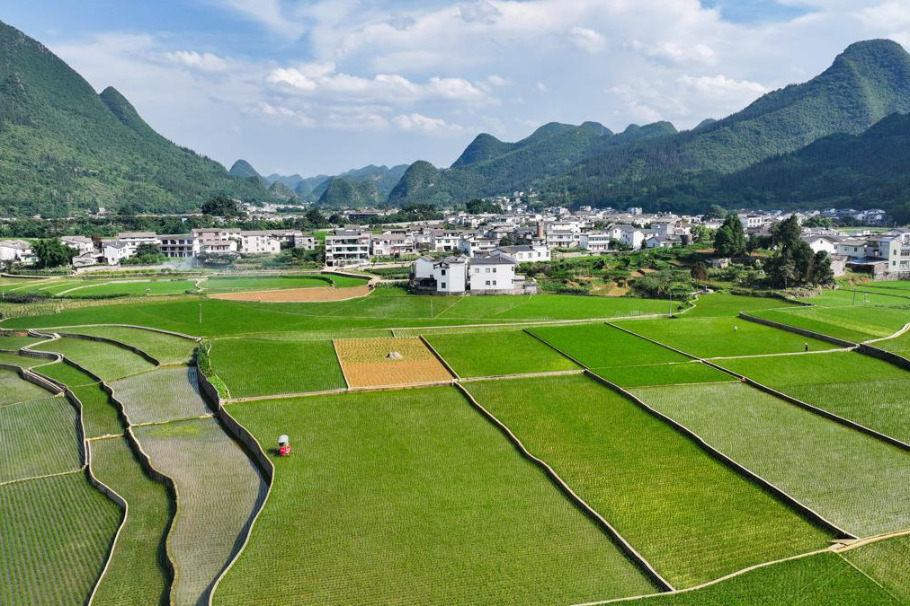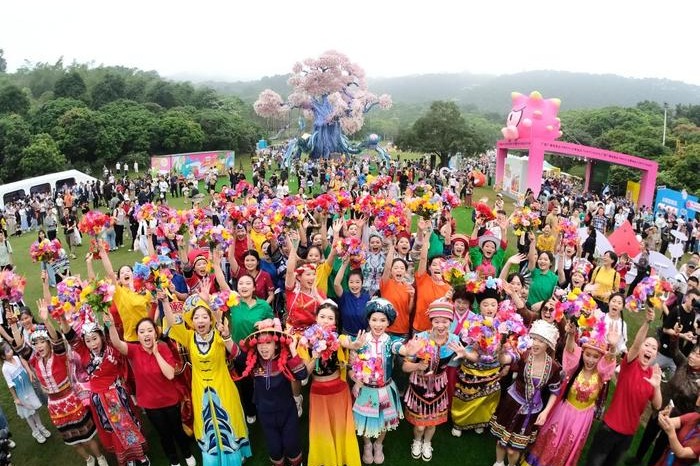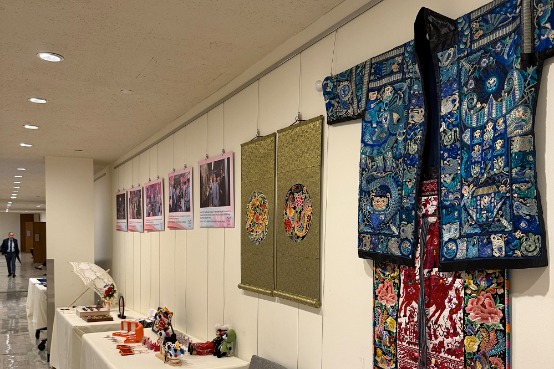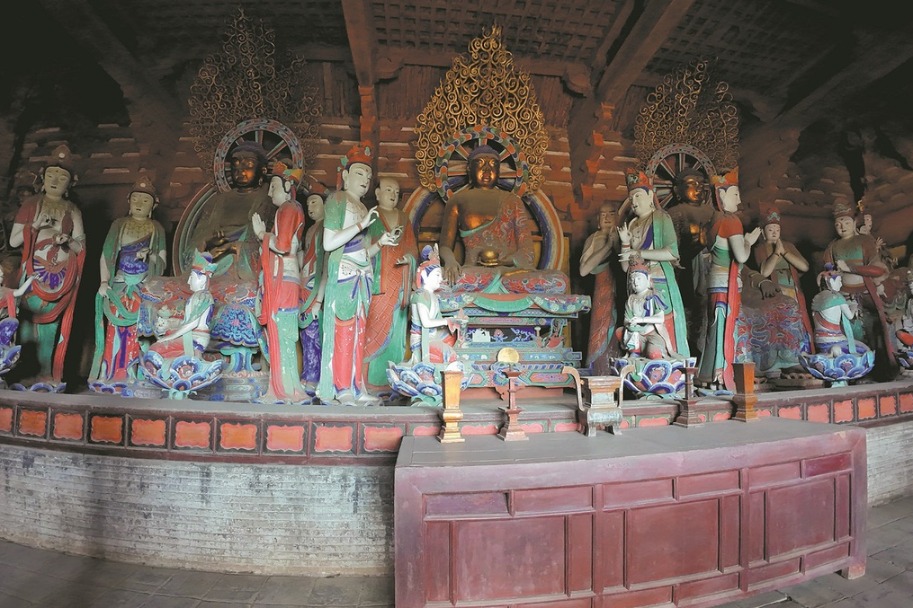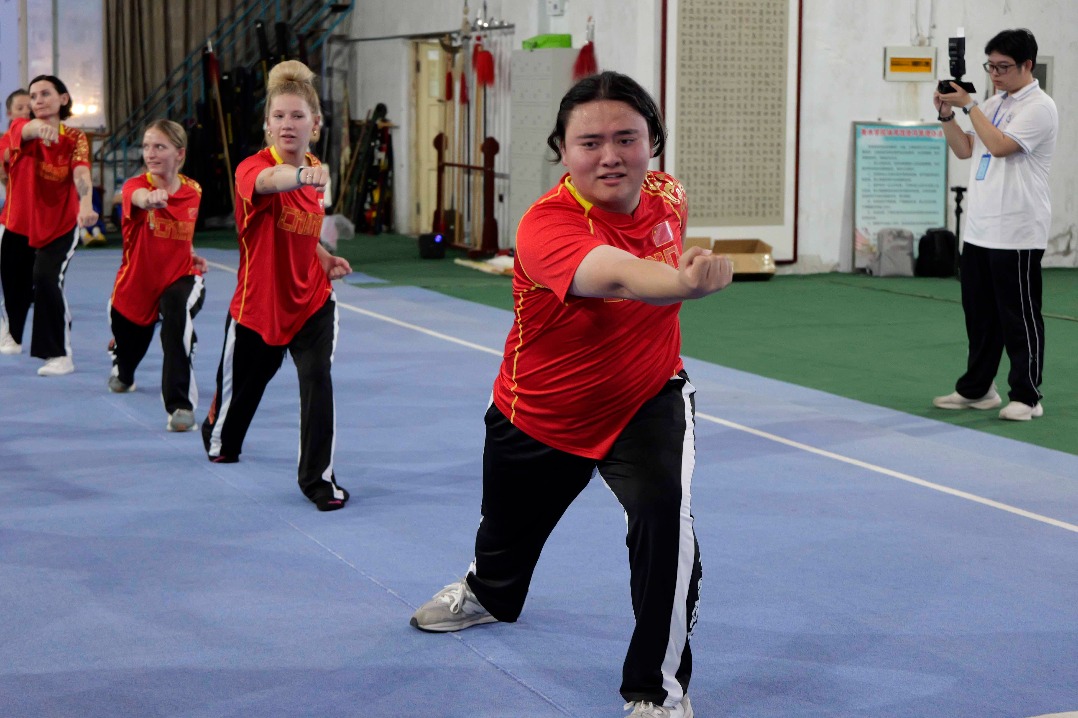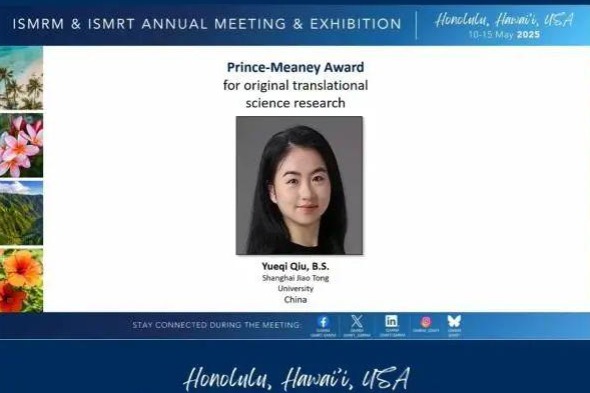Chinese scientist secures top UNESCO award

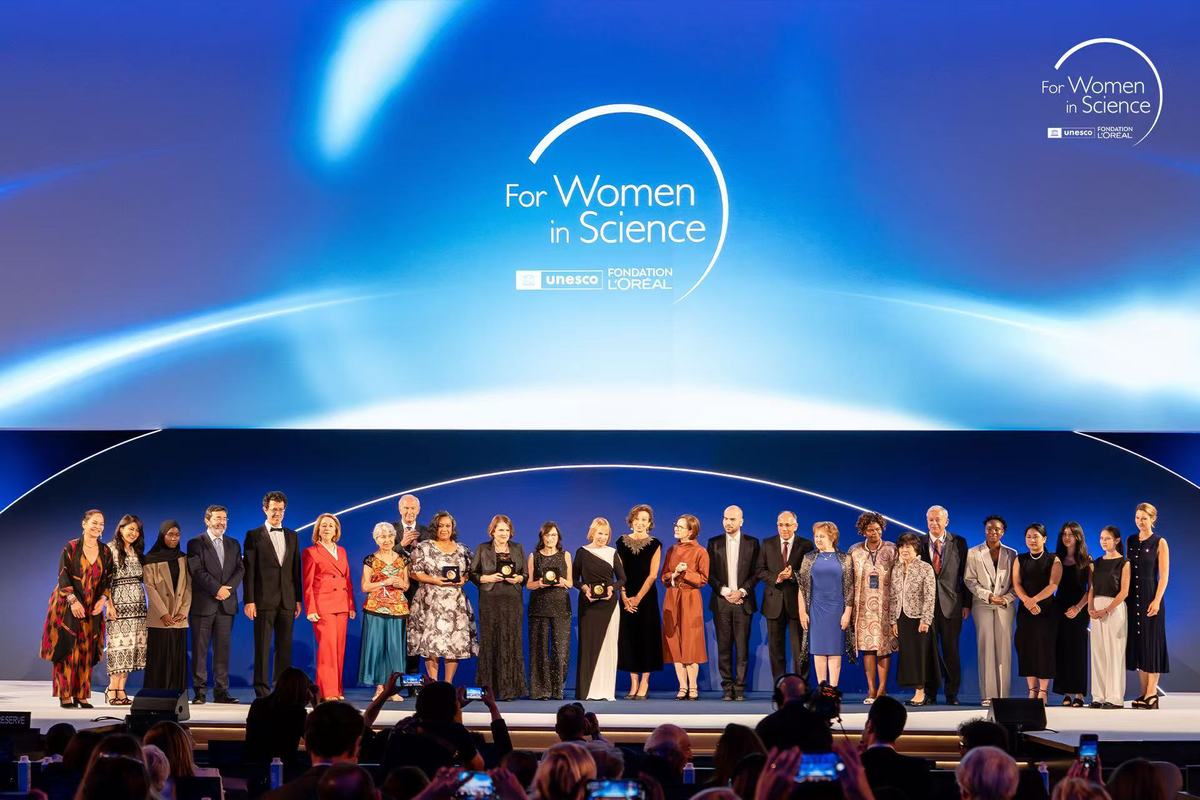
Chinese cryptography expert Wang Xiaoyun was among five outstanding women scientists honored at the 2025 L'Oreal-UNESCO For Women in Science International Awards, held on Thursday evening at the headquarters of the United Nations Educational, Scientific and Cultural Organization, or UNESCO, in Paris.
Wang, a professor at Tsinghua University's Institute for Advanced Study and a member of the Chinese Academy of Sciences, was recognized for her groundbreaking work in cryptographic mathematics, a discipline that is critical for secure data communication and storage.
"Her breakthrough work showed essential flaws in hash functions, which are widely used in communication protocols and led to the invention of the new hash function standards," UNESCO noted. "Today, these standards are used in bank cards, computer passwords, and e-commerce systems." The visibility of her research has inspired many female students to pursue careers in mathematics and network security.
Now in its 27th year, the L'Oreal-UNESCO awards celebrate five exceptional women each year, representing the regions of Africa and the Arab States; Asia and the Pacific; Europe; Latin America and the Caribbean; and North America.
Wang was selected as the Asia and the Pacific laureate from a competitive pool of 466 global nominees, by a jury chaired by Fields Medalist Artur Avila.
She becomes the ninth Chinese scientist, and the third Chinese woman in four years, to receive the international honor since the program began in 1998. The award reflects both her personal scientific excellence and the growing global influence of Chinese researchers.
In her acceptance speech, Wang described the award as "a profound acknowledgment of my scientific journey and a tribute to the extraordinary resilience and wisdom of women scientists worldwide".
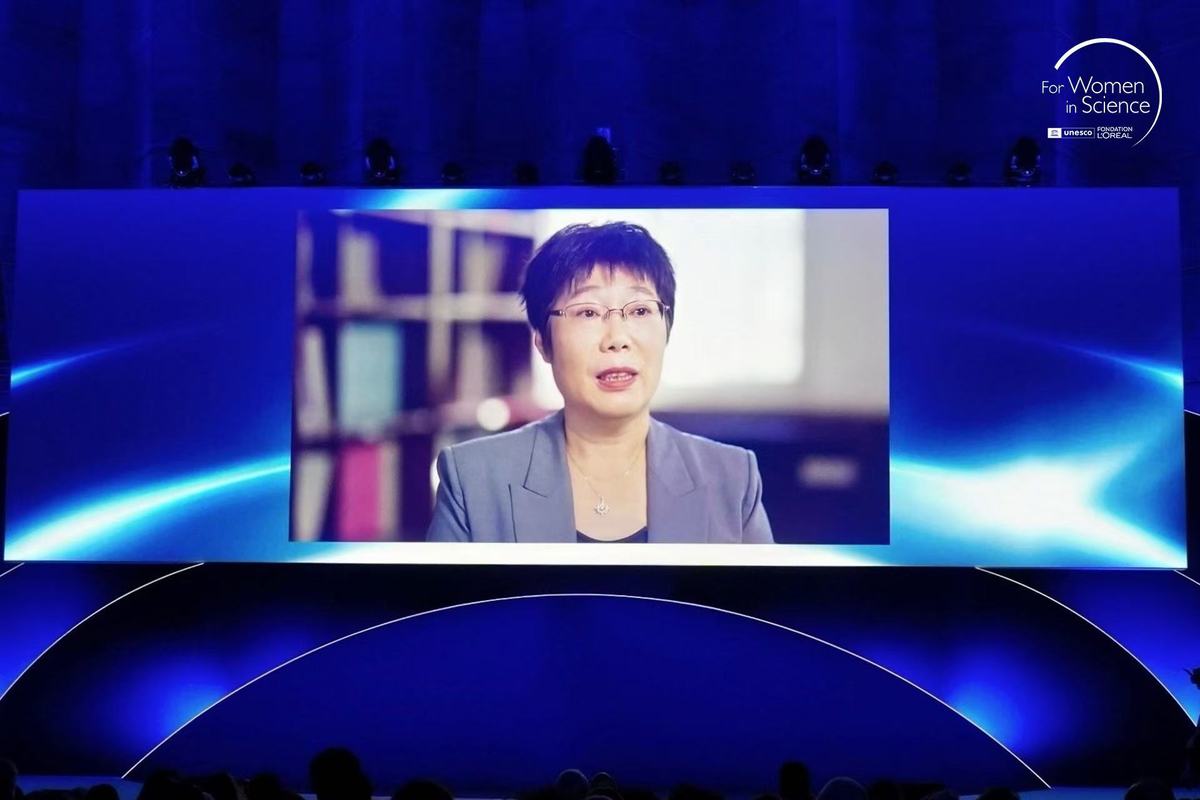
"Cryptography is the core technology of cybersecurity and a foundation for the digital economy's high-quality development," she said. "My research focuses on theoretical cryptography — from the mathematics of cryptanalysis to designing secure systems. Through collective effort, we can build a safer digital world and improve daily life."
Wang also stressed the importance of cryptographic innovation in new domains such as artificial intelligence, or AI. "I hope more young people pursue cryptographic research, especially in AI security, where new frameworks can ensure systems remain secure, controllable, and trustworthy."
She also praised the L'Oreal-UNESCO program for empowering women in science. "This initiative has shown the essential role women scientists play in global progress," she added. "The success of its laureates inspires new generations to choose careers in science."
A symbolic highlight of the evening was the presentation of awards by young girls, underscoring the ceremony's commitment to inspiring the next generation of women scientists.
Wang's fellow 2025 laureates include Priscilla Baker of South Africa, honored for her work in developing electrochemical sensors for environmental monitoring; Claudia Felser of Germany, recognized for groundbreaking research in magnetic materials and green energy; Barbara Finlayson-Pitts of the United States, awarded for advancing knowledge on air pollution and its impact on policy; and Maria Teresa Dova of Argentina, celebrated for contributions to high-energy physics and the study of the Higgs boson and cosmic rays.
Speaking at the award ceremony, UNESCO Director-General Audrey Azoulay stressed the need to close gender gaps in science, particularly in light of contemporary global challenges.
"To respond to the world's greatest challenges — health, climate disruption, and water management — we reaffirm, alongside L'Oreal, that we need all minds, all voices, all perspectives," she said. "Because science is a universal language. And science needs women."
Azoulay pointed to persistent disparities in the field. While more women than men are now enrolled in universities, they represent only 35 percent of science graduates. The gender gap is even wider among researchers, with men outnumbering women two to one — a divide that becomes more pronounced in cutting-edge areas such as data science and quantum science, she said.
Jean-Paul Agon, president of the Fondation L'Oreal, also underscored the broader significance of honoring women scientists. He said the 2025 laureates exemplified not only individual brilliance, but also the essential role women play in shaping a better and more inclusive world.
He emphasized that the Fondation's commitment goes beyond recognition. "We will continue to take action from the earliest stages of inspiring young vocations, throughout the year, and on the ground," he said. "This is the meaning and strength of our 'For Girls in Science' program."
He added that the initiative's growing international reach, supported by UNESCO, would allow it to make an even greater global impact.
- China enhances coastal ecosystem protection and restoration
- Jiangsu presents innovation-driven growth and economic leadership
- China Prospectors Conference calls for AI in mineral exploration
- Tsinghua, PKU condemn sale of campus lake water
- Journalists explore Jiangsu's innovation and development achievements
- 13 new China-Uzbek vocational education tie-ups signed

















